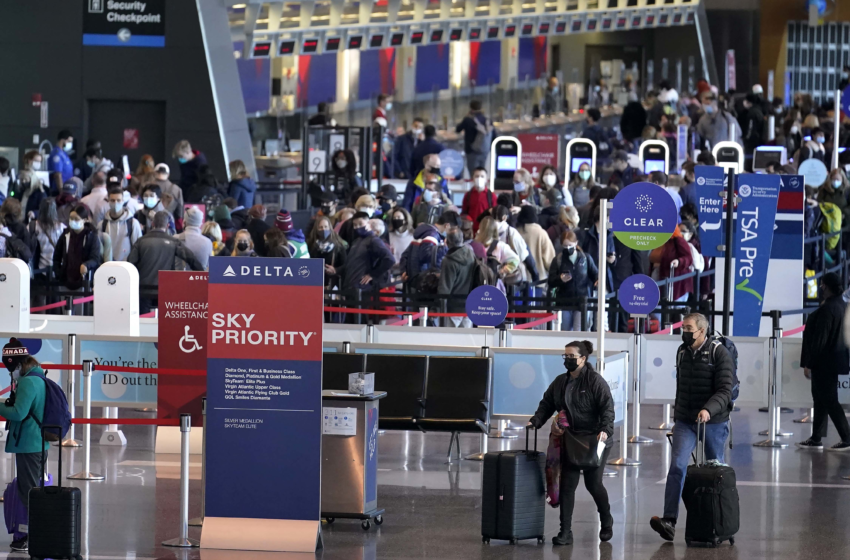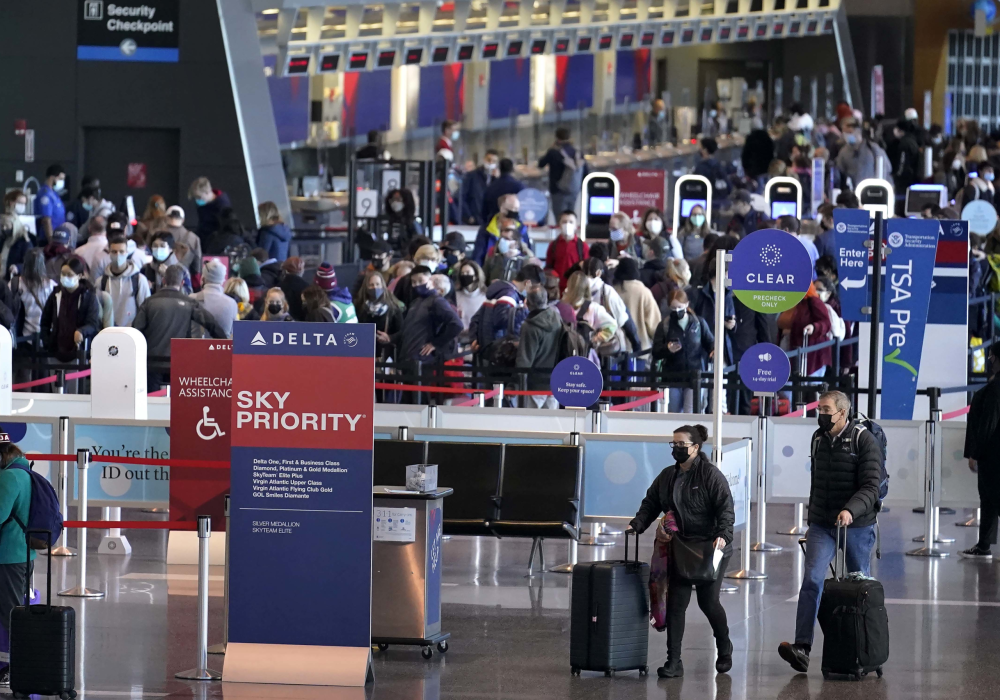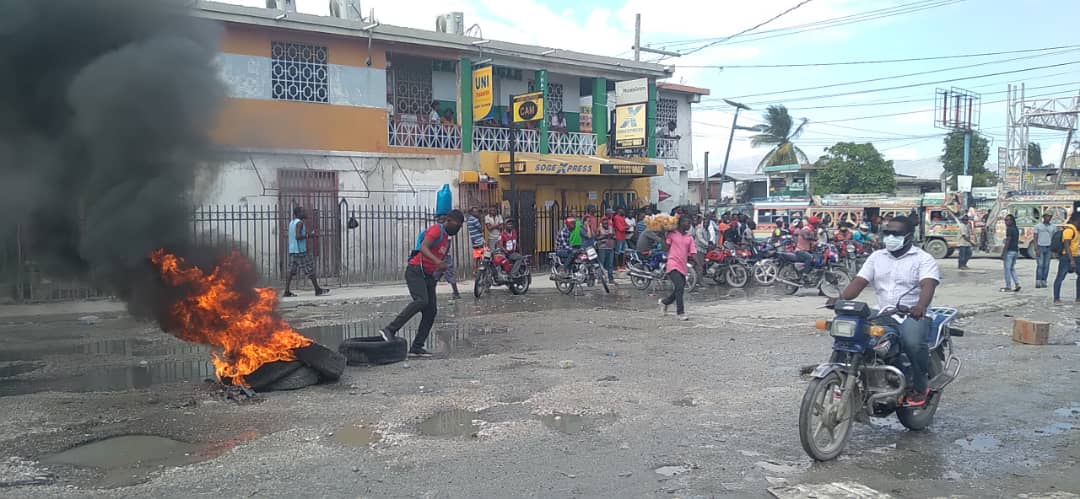Background: As of Monday, the Biden administration banned travel from South Africa, which first reported the new variant, as well as from nearby Botswana, Namibia, Zimbabwe, Lesotho, Eswatini, Malawi and Mozambique. But there have been indications that the variant may have originated in Europe, raising questions about whether the U.S. might again shut down flights from Europe, mere weeks after they had been lifted.
Even as the world tries to grapple with the new threat, Rochelle Walensky, director of the CDC, said the U.S.’ mitigation measures for travel offer robust protections in addition to the standard recommendations and practices — wearing masks, getting vaccinated and other tools — for the American public.
Walensky on Tuesday touted pre-departure travel actions, such as testing before boarding a flight. Coupled with “international travel policies that have helped to keep Americans safe as well as our genomic surveillance system,” these measures will aid in detecting Omicron “should and when it occur” stateside, she said.
Separately, White House press secretary Jen Psaki told reporters that the same applies to the Canadian border, which reopened to fully vaccinated foreign travelers earlier this month.
“The president’s decisions related to travel restrictions will be based on the recommendations of his health and medical team, they have not advised [closing the border] to this point,” she said. “But we will continue to assess what steps we need to take.”
Advice from the WHO: Meanwhile, the World Health Organization, which designated Omicron a “variant of concern” on Nov. 26, recommended foreign travelers age 60 and above stay home if they’re unvaccinated or are at increased risk because of other health conditions.
“Persons who have not been fully vaccinated or do not have proof of previous SARS-CoV-2 infection and are at increased risk of developing severe disease and dying, including people 60 years of age or older or those with comorbidities that present increased risk of severe COVID-19 (e.g. heart disease, cancer and diabetes) should be advised to postpone travel to areas with community transmission,” the organization said.
Julian Sorapuru contributed to this report.












